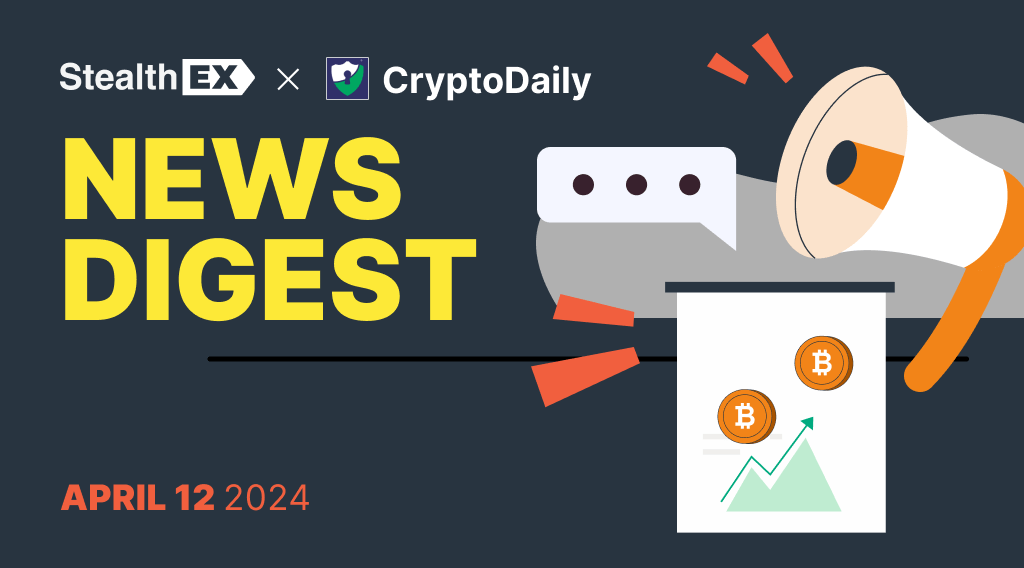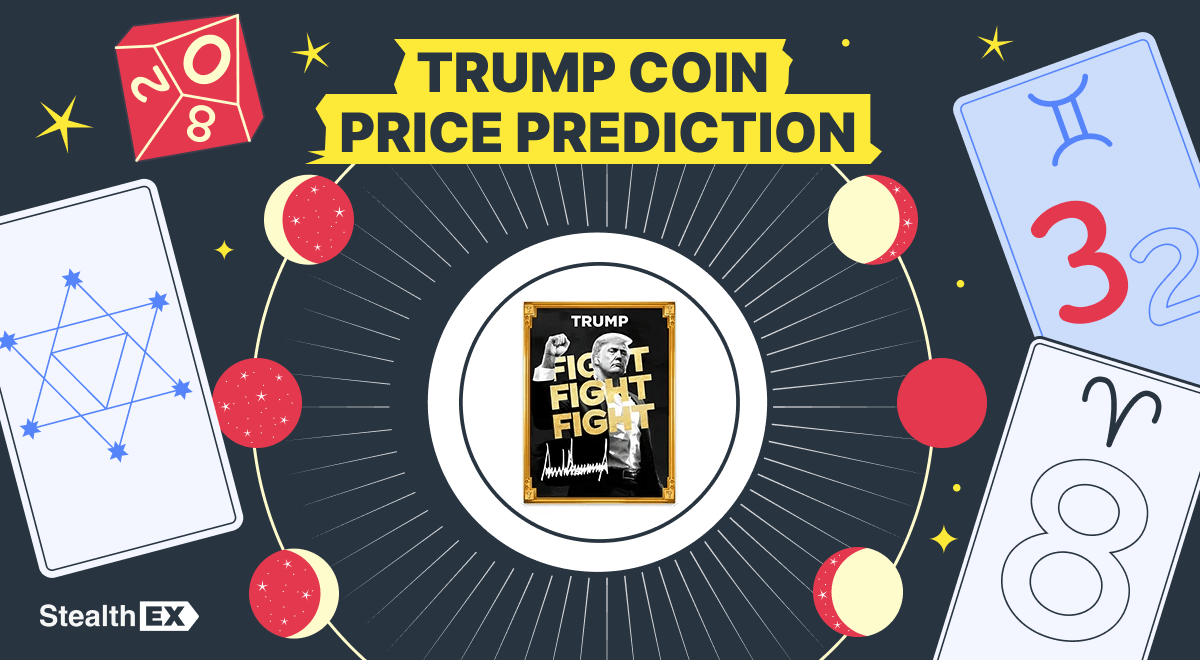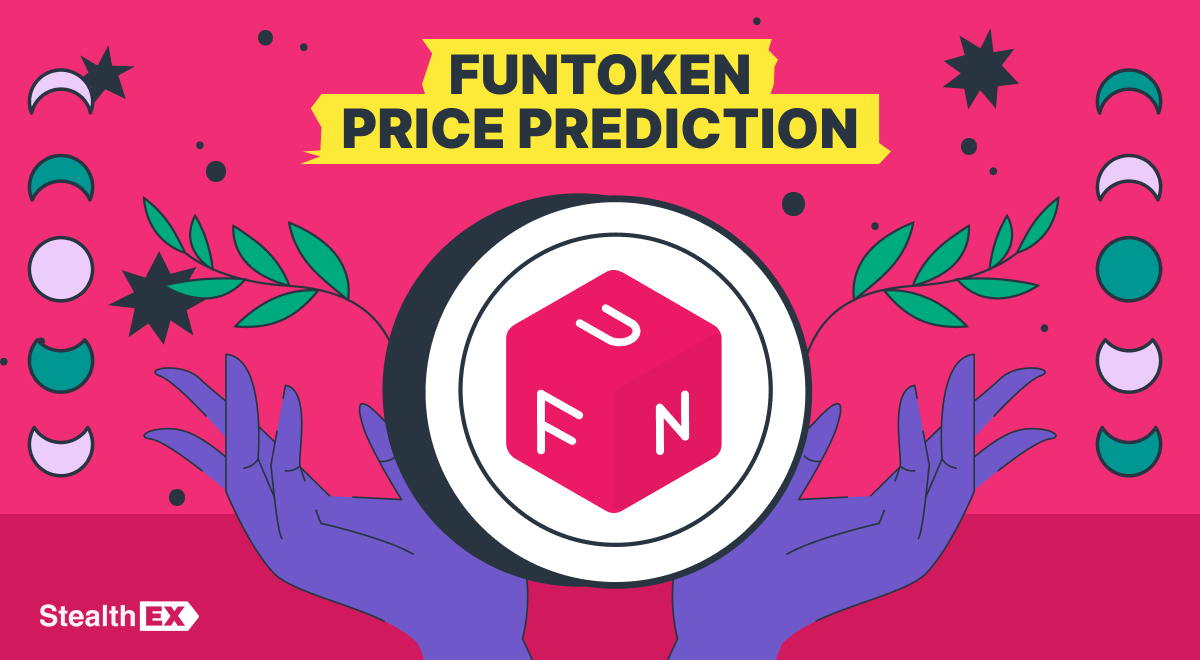Breaking Crypto News: Ripple’s $5T Forecast, Coinbase, SOL & PayPal

Dive into this week’s edition of the crypto update, presented by StealthEX and CryptoDaily! We’re excited to bring you an easy-to-follow summary of the latest and most significant news in the digital assets world. Eager to find out which stories made the headlines this week? Let’s jump right in!

Article contents
Ripple CEO Foresees Crypto Market Soaring to $5 Trillion
Brad Garlinghouse, the CEO of Ripple, has forecasted a bullish future for cryptocurrencies, predicting the market cap will hit $5 trillion by year’s end. This optimism stems from major developments such as the U.S. approval of the first spot Bitcoin ETF and the anticipated Bitcoin halving event. These factors are seen as magnets for institutional investment, with the recent green light for spot Bitcoin ETFs by the Securities and Exchange Commission on January 10 being a significant milestone. This allows investors to gain Bitcoin exposure without direct ownership, a move that has buoyed the crypto market cap to $2.7 trillion recently, with Bitcoin’s price hovering around $70,000.
Garlinghouse emphasizes the impact of macroeconomic trends, including the expected decrease in supply and increase in demand for Bitcoin, particularly as the Bitcoin halving event approaches on April 24, 2024. This event is predicted to further drive Bitcoin’s price up due to the reduced rate of new Bitcoin entering circulation. Additionally, he highlights the potential for positive regulatory changes in the U.S., which could further accelerate the crypto market’s growth and adoption. With the U.S. being a crucial market for cryptocurrencies, a shift towards more favorable regulation could significantly impact the industry’s expansion.
Court Ruling Favors Coinbase
The US Court of Appeals for the Second Circuit has sided with Coinbase, stating that its secondary sales of cryptocurrencies do not breach the Securities Exchange Act. This ruling not only marks a significant win for Coinbase amidst its ongoing legal battles with both the SEC and private plaintiffs but also raises pivotal questions about the classification of cryptocurrencies as securities.
The court’s decision undermines the primary argument of the plaintiffs, who accused Coinbase of selling unregistered securities. This ruling is seen as a step towards holding cryptocurrency exchanges accountable while also pushing the crypto industry closer to legitimacy. The implication is clear: cryptocurrencies, at least in the context of secondary sales, are not considered securities, granting investors temporary relief from regulatory crackdowns.
This case underscores the urgent need for the US to update its securities laws or draft new ones that comprehensively cover the rapidly evolving crypto sector. Despite resistance from certain government quarters and enforcement agencies, the necessity for regulatory evolution is undeniable. The US, historically a cradle for technological innovation, now appears to lag behind other nations in adapting its financial regulations to embrace the crypto revolution.
Choose StealthEX for Exchange and Buy Crypto
- User-Friendly — Simple and minimalistic interface for everyone.
- Fast and Private — Instant non-custodial cryptocurrency exchanges.
- Buy crypto with Credit Card.
- 1500+ coins and tokens are available for limitless, quick and easy exchanges.
- NO-KYC crypto exchanges — Buy cryptocurrency up to $700 without KYC!
- StealthEX crypto exchange app — Process crypto swaps at the best rates wherever you are.
- 24/7 Customer Support.
Earn from Each Exchange by Joining StealthEX Affiliate Program.
Become a partner right now and use affiliate tools:
- Public API — Earn from your wallet, aggregator, or exchange terminal.
- Referral Links — Recommend StealthEX to your audience.
- Exchange Widget — Built crypto exchange widget on any page of your website.
- Button — A perfect choice for traffic monetization.
- Banner — Track conversion and stats right in the personal cabinet.
Anatoly Yakovenko Sheds Light on Solana Network Issue
The Solana blockchain, known for its speed and efficiency, has recently faced a significant challenge due to an unprecedented demand for meme coin transactions. This surge led to a crippling 75% failure rate in user transactions, causing widespread concern within the crypto community. Anatoly Yakovenko, a co-founder of Solana, has come forward with an update, stating that the critical bug causing these issues has been identified and resolved.
The glitch, which severely hampered the network’s functionality, has been patched, but Yakovenko admits that further improvements are necessary. He shared on social media platform X that addressing these congestion-related bugs is more intricate than fixing total network failures. The process requires thorough testing and careful implementation of updates, which can slow down the pace of resolution.
Solana’s congestion woes have drawn commentary from figures like Andre Cronje, who points out that the network’s struggles are a testament to its success and growing popularity. The demand for block space on Solana has hit unprecedented levels, necessitating optimizations to address bottlenecks.
Efforts to improve the situation are underway, with the Solana team working diligently to enhance the transaction experience. Raj Gokal, another Solana co-founder, has highlighted the deployment of engineering teams to develop fixes, underlining the intense focus on improving network performance.
Despite the challenges, the Solana Foundation is actively proposing measures to mitigate congestion. These include optimizing computing unit usage and urging developers to manage their transactions’ computing budgets more efficiently. Such steps are aimed at reducing unnecessary resource consumption and enhancing the network’s overall efficiency.
PayPal Introduces Groundbreaking Cross-Border Money Transfer Feature
PayPal has announced the introduction of a new feature that will make sending money across borders easier and more affordable. This game-changer allows U.S. users, excluding Hawaii residents, to convert PayPal USD (PYUSD) into U.S. dollars for cross-border transactions, eliminating the need for costly transaction fees.
Starting April 4, PayPal’s service, Xoom, is at the forefront of enabling these transactions to over 160 countries worldwide. This innovative approach utilizes PYUSD, providing an unprecedented level of ease and reliability for users looking to send money abroad. With no additional sale fees for converting PYUSD to USD, users benefit from a seamless and cost-effective transfer process.
Jose Fernandez da Ponte, PayPal’s Senior Vice President of Blockchain, Cryptocurrency, and Digital Currency, highlighted the initiative’s role in advancing the adoption of cryptocurrencies. He pointed out the dual goals of establishing a stable currency for user confidence and ensuring its utility in commerce and payments. This strategy aligns with PayPal’s ambition to facilitate secure, low-cost money transfers while fostering the mainstream acceptance of digital currencies.
Ethena Labs Integrates Bitcoin to Strengthen Stablecoin Offering
In a strategic move to enhance the stability and scale of its synthetic stablecoin, USDe, Ethena Labs has announced the incorporation of Bitcoin as a backing asset. This addition positions the USDe alongside other major assets like ETH, ETH-based liquid staking tokens, and Tether (USDT), aiming to provide users with a more robust and secure option in the volatile crypto market.
The decision is propelled by the impressive growth of the Bitcoin derivatives market, which has seen a remarkable 150% increase in open interest, reaching $25 billion over the past year. This growth significantly outpaces that of ETH-based derivatives, indicating stronger liquidity and scaling potential for Bitcoin, which Ethena Labs seeks to leverage.
This article is not supposed to provide financial advice. Digital assets are risky. Be sure to do your own research and consult your financial advisor before investing.
Bitcoin CryptoDaily Ethereum Ripple XRP SolanaRecent Articles on Cryptocurrency
 OFFICIAL TRUMP Coin Price Prediction: How High Will TRUMP Crypto Go?
OFFICIAL TRUMP Coin Price Prediction: How High Will TRUMP Crypto Go?  FUNToken Price Prediction: Can FUN Coin Reach $1?
FUNToken Price Prediction: Can FUN Coin Reach $1? 